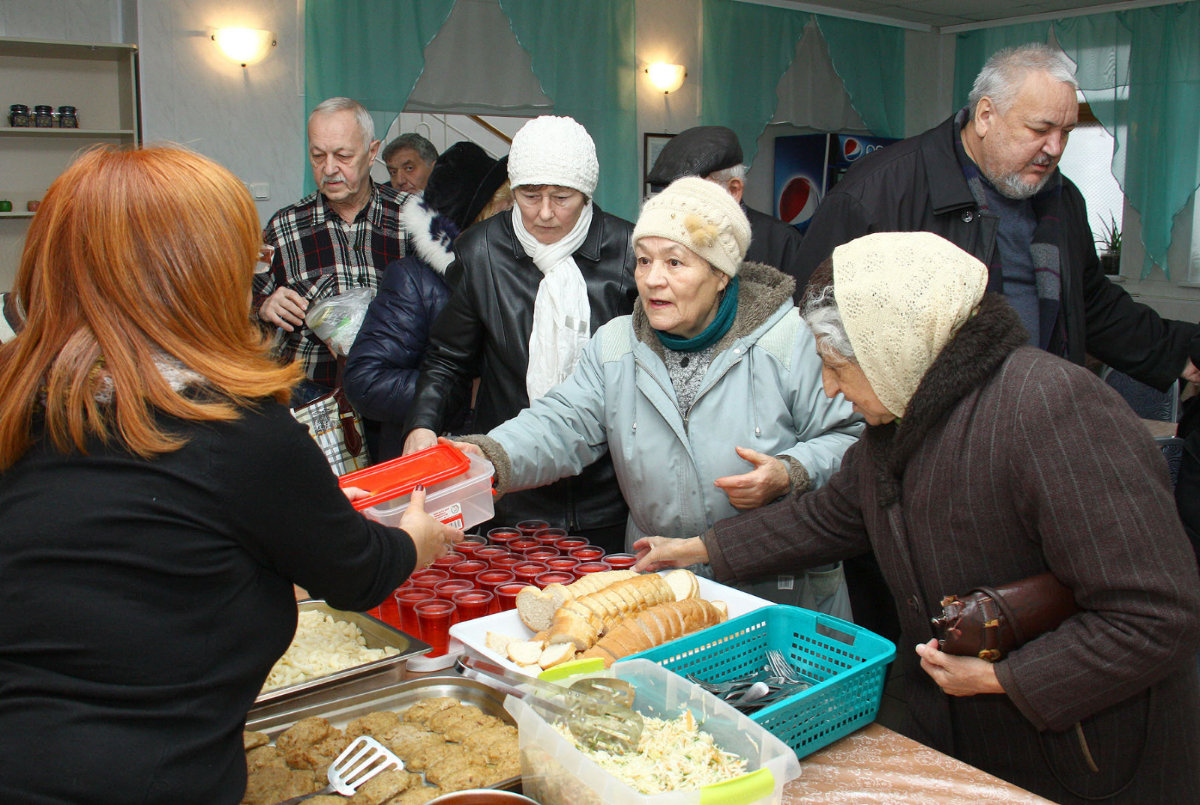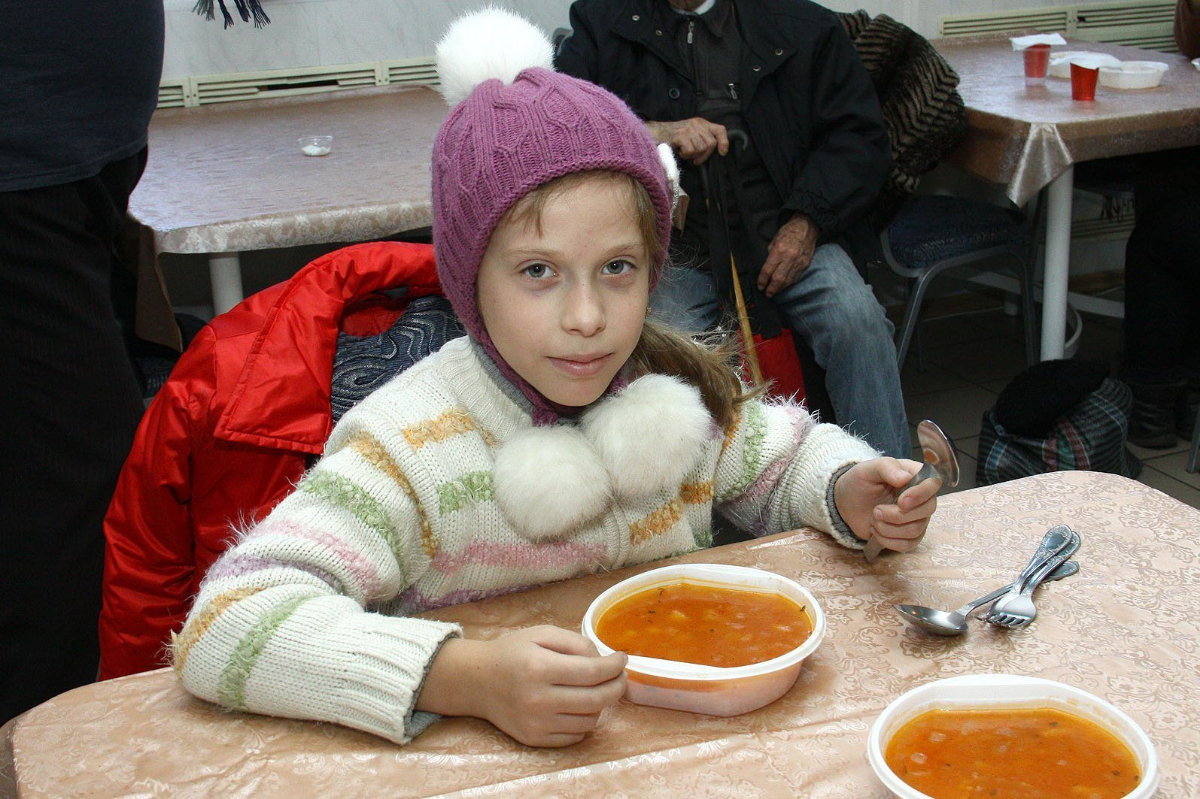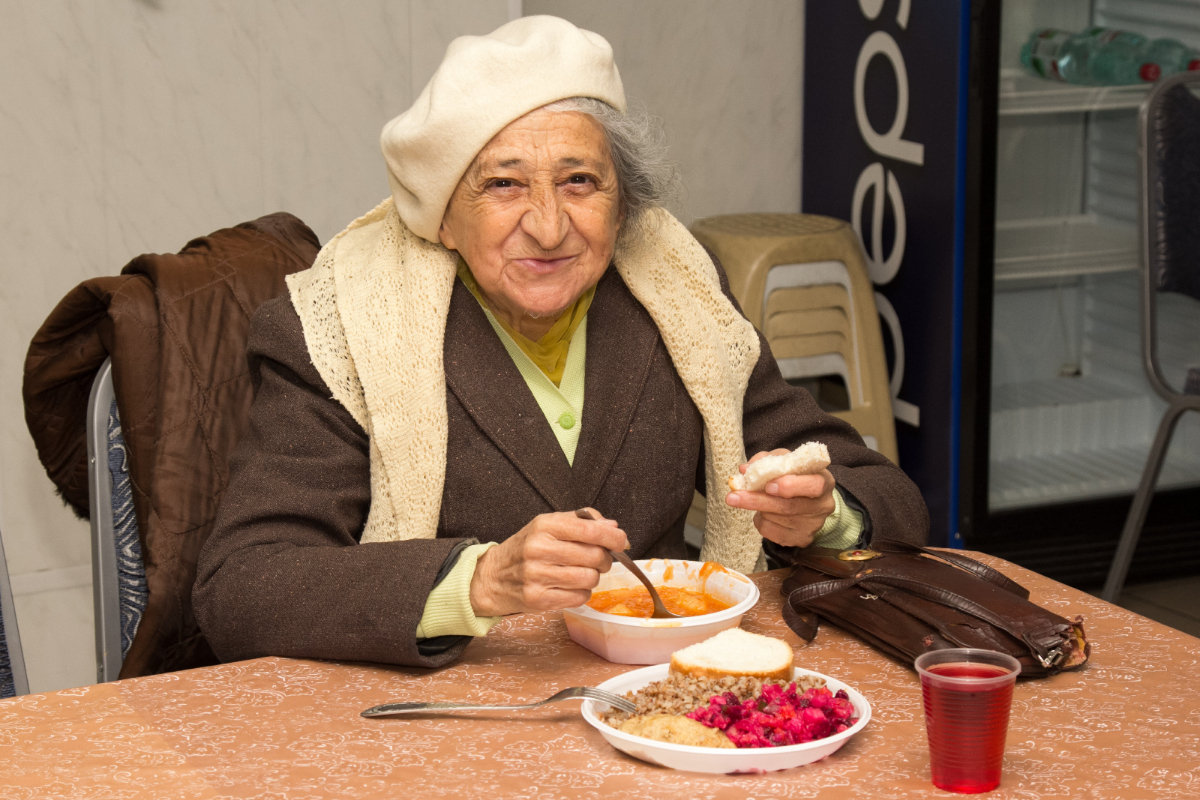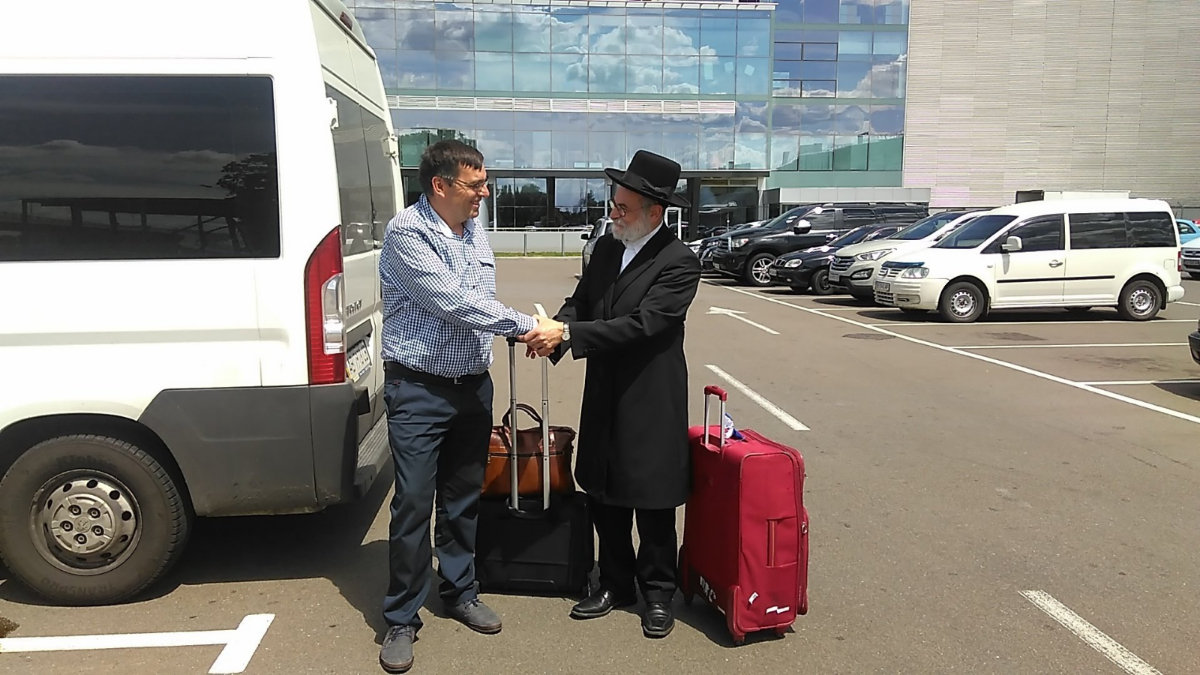
Youth Community

Aid Ukraine

Order Why Israel Resources

Support our ministry

Subscribe newsletter

Israel & Christians Today

Biblical understanding about Israel
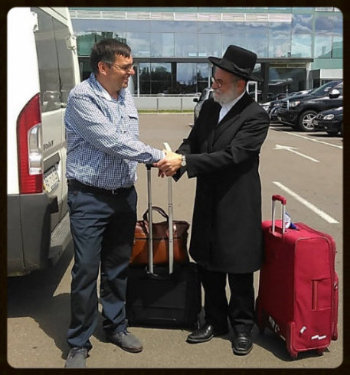 Rabbi Jacobs in Ukraine (4) – Back from Kiev
Rabbi Jacobs in Ukraine (4) – Back from Kiev
Dutch Chief Rabbi Binyomin Jacobs travelled through Ukraine in the first week of July 2017 to help Jews in that area. He did this together with C4I Aliyah fieldworker Koen Carlier. Rabbi Jacobs kept a journal throughout his time in Ukraine.
‘We don’t hear gunshots in Kiev as we did in Mariupol. The war is far removed from here, yet awfully close at the same time. We meet the rabbi of Donetsk in his cultural centre in Kiev. He was born in Israel and moved to the East of Ukraine with his family twenty years ago to serve the Jewish community there. His community had three thousand families. There were ten rabbis who were working for and with him. It was an imperium he had built. Several synagogues, ritual baths, a school with four hundred students, a kindergarten with forty children, a soup kitchen, beautiful buildings in a growing city of 1,1 million inhabitants and a very wealthy Jewish life.
But three years ago his flourishing Jewish community fell apart. Houses were burned down and the Jewish community came under great pressure. While Donetsk is officially part of Ukraine, it’s controlled by the Russian separatists. Because of his alleged loyalty to Ukraine, he had to choose between running away or death. He fled, but he is not the only one who did. From the 1,1 million inhabitants, there are only 600.000 left in a city with no financial traffic, no airport, and which is full of armed robbery and rape. He has rented an old building here in Kiev, meant for the Donbas Jews who have fled. Donbas is the province of which Donetsk is the capital. The photos of his past wealth sadly hang on bear walls. As a memory of what once was. The Donbas-Jews meet in his Jewish cultural Centre. Their homes in Donetsk have been left unattended. They can no longer enter their birth city, and if they do find a way in, they can’t get out. The whole province has become a kind of no man’s land where anarchy forms the government. There are only a few hundred Jews left. They didn’t want to leave or couldn’t leave. They were too old and too weak.
In good times his soup kitchen for the poorest would have thirty visitors a day, now there are almost a hundred and fifty. The poverty among the ones who have stayed behind is inconceivable. But the rabbi doesn’t give up. He helps the refugees to find housing in Kiev, and work, and food, and he even keeps his school in Donetsk open. The school, which once had more than four hundred students, now only has 26 children. The rabbi is always available for the ones who have stayed behind as well. “I might have been thrown overboard, but I remain the captain who will be the last one to leave his sinking ship”, he says. I wanted to ask him if the ship might have already sunk, but I keep quiet to keep from causing him more sadness and sorrow. Every day there are victims among the very young soldiers who have barely reached adulthood. Every now and then there are rockets fired at the city. In the Jewish cultural Centre you can see the worry on the faces. The people find support in each other. They need to build something new. They need housing, and money, food and a home…they have been senselessly displaced. Their faces are burned in my mind when I get on the airplane to Amsterdam.
After a few hours of flying I’m back on Dutch soil. Koen said I can, or should come back. It’s just a matter of time. I ask him why? ‘What do I add?’ Yes, I realized I was able to make new contacts between the needs and the means, like a mediator. I’m sure that I can make more of these links, unfortunately. But Koen can’t take on all of Ukraine. Even the seemingly inexhaustible Koen - who drives, talks, calls, organizes - has his limits. How many more contacts can he handle? But he doesn’t only see me as a link between sadness and joy, but mostly as an encouragement for his team of volunteers and for the Jewish communities in the areas far away. Maybe he is right. But for now I will switch gears and focus on my work in the Netherlands and for the RCE (Rabbinical Center for Europe).
I’ve spent two thousand six hundred and fifty three kilometres in a car. I’ve waited at airports for seven hours. I’ve got three flights, eight speeches behind me and thirteen dramatic meetings to process. Am I tired? Depressed? Not too bad. Satisfied? Yes, but also shaken up by the inconceivable misery and the limited possibilities to help. But mostly I am grateful that I was given the opportunity to help out a little bit with offering the much needed help to Jews in Ukraine.’
Support our food parcel program in Ukraine |
|
| Donate in € | Donate in US $ |
